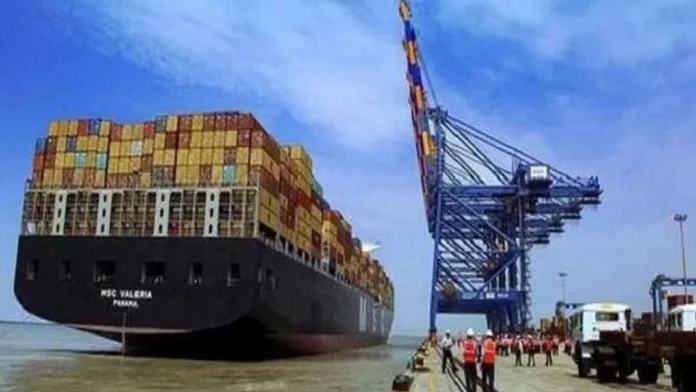In response to strong protests from the business community, the recently increased tariffs and service charges at Chattogram Port have been suspended for one month. This announcement was made by Brigadier General (Retd.) M. Sakhawat Hossain, the shipping affairs adviser, during a workshop held in Chattogram on Saturday (September 20).
The workshop, titled “Customs and Port Management: Problems, Prospects, and the Way Forward,” featured the adviser as the chief guest. He stated that the new tariffs would be implemented after the one-month suspension period. He noted that the increase was necessary due to rising operational costs and development projects like the Bay Terminal. However, the temporary suspension would provide some relief to exporters.
During the workshop, business leaders demanded that the increased charges be suspended for at least six months and that certain fees be reduced. They argued that given the current global economic situation—particularly rising tariffs in the United States—government support is essential for exporters to survive. They also pointed out that private container depots (ICDs) have raised charges by 40–45% without any improvement in service quality or capacity. To address these issues, they proposed the formation of a joint task force and recommended legal reforms.
Chairman of the Chattogram Port Authority (CPA), Rear Admiral S.M. Moniruzzaman, stated that the port is currently operating beyond its capacity. It still relies on tidal conditions and falls short of international standards due to limited depth. He emphasized the need for faster clearance of long-stuck containers, automation of customs processes, and legal reforms to manage projected trade growth over the next five years.
Chairman of the National Board of Revenue (NBR), Abdur Rahman Khan, announced that containers eligible for auction that have been lying in the port for extended periods will be listed and auctioned within this month. He also mentioned plans to incorporate 30 abandoned vehicles—once owned by former members of parliament—into the government transport pool.
The workshop also highlighted that, in terms of logistics performance, trade costs, and customs clearance efficiency, Chattogram Port still lags significantly behind the world’s leading ports.


